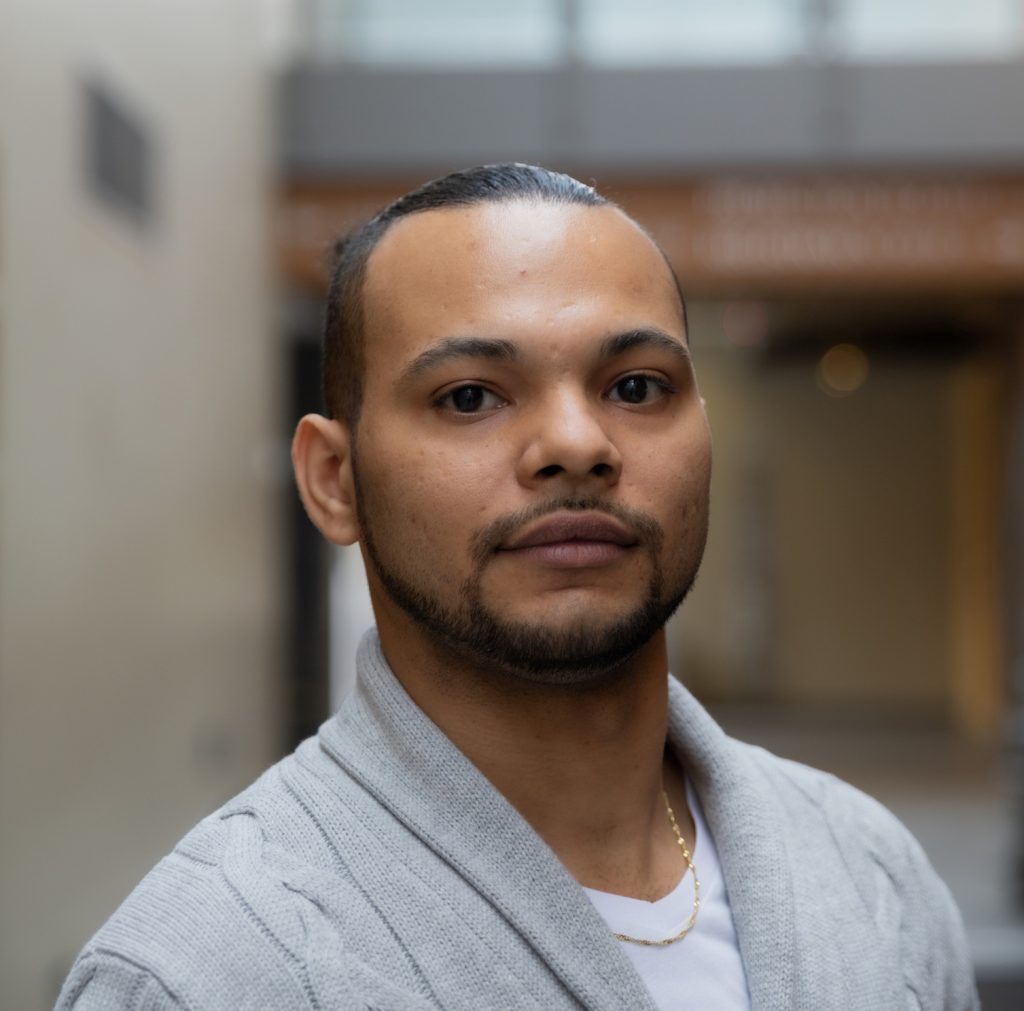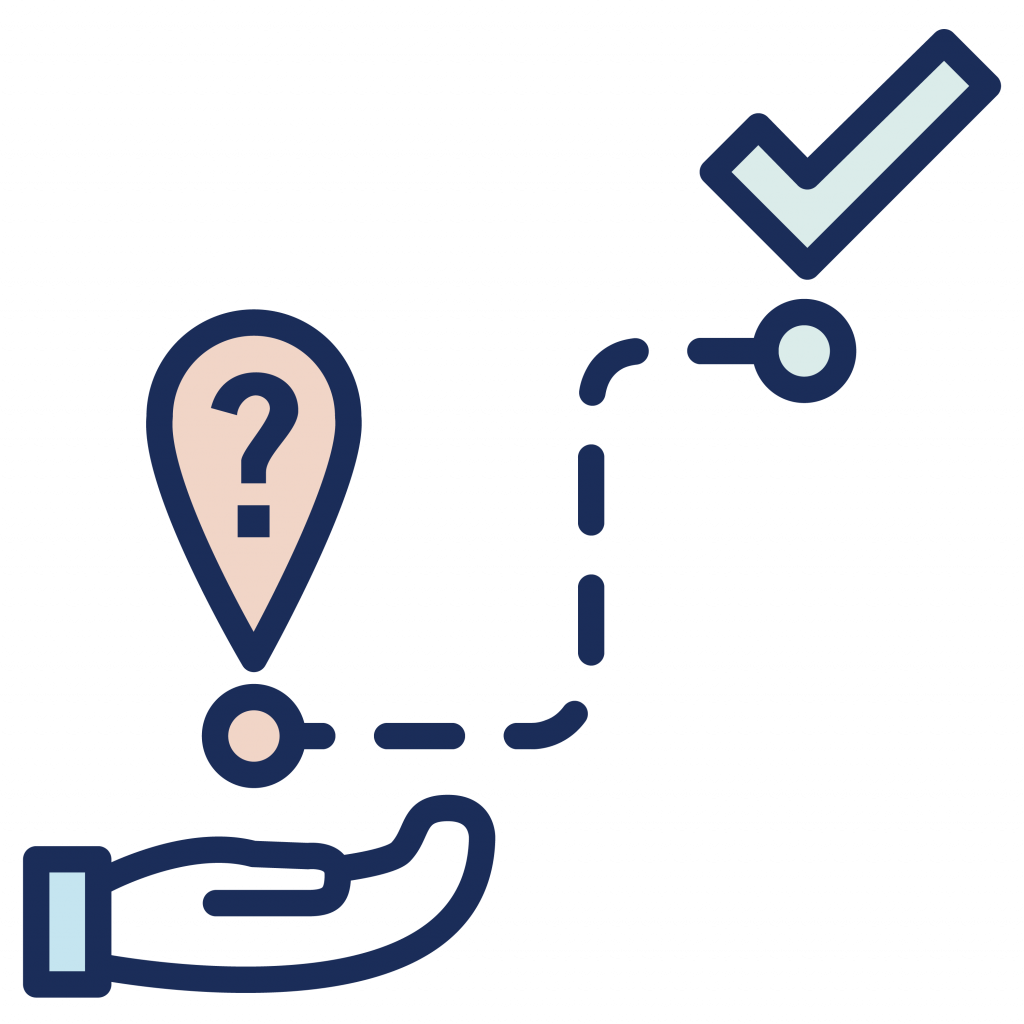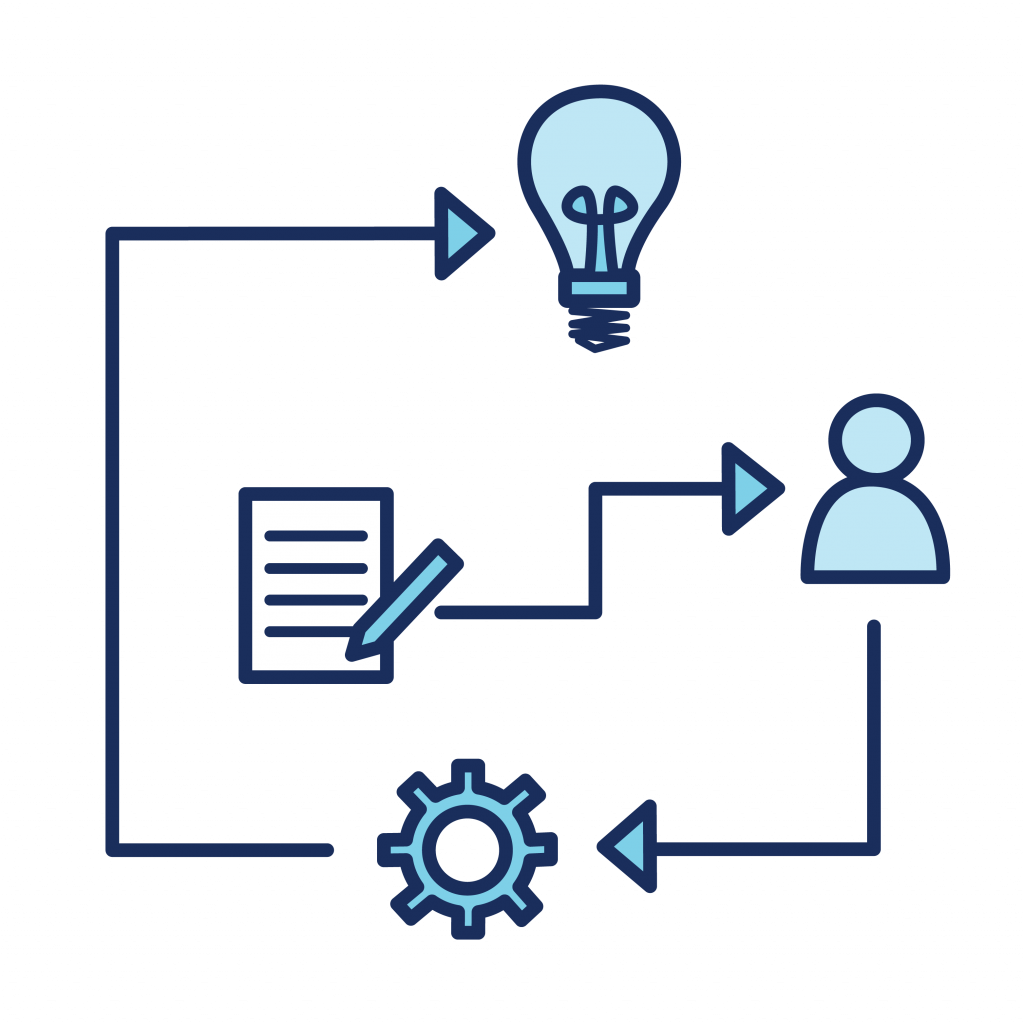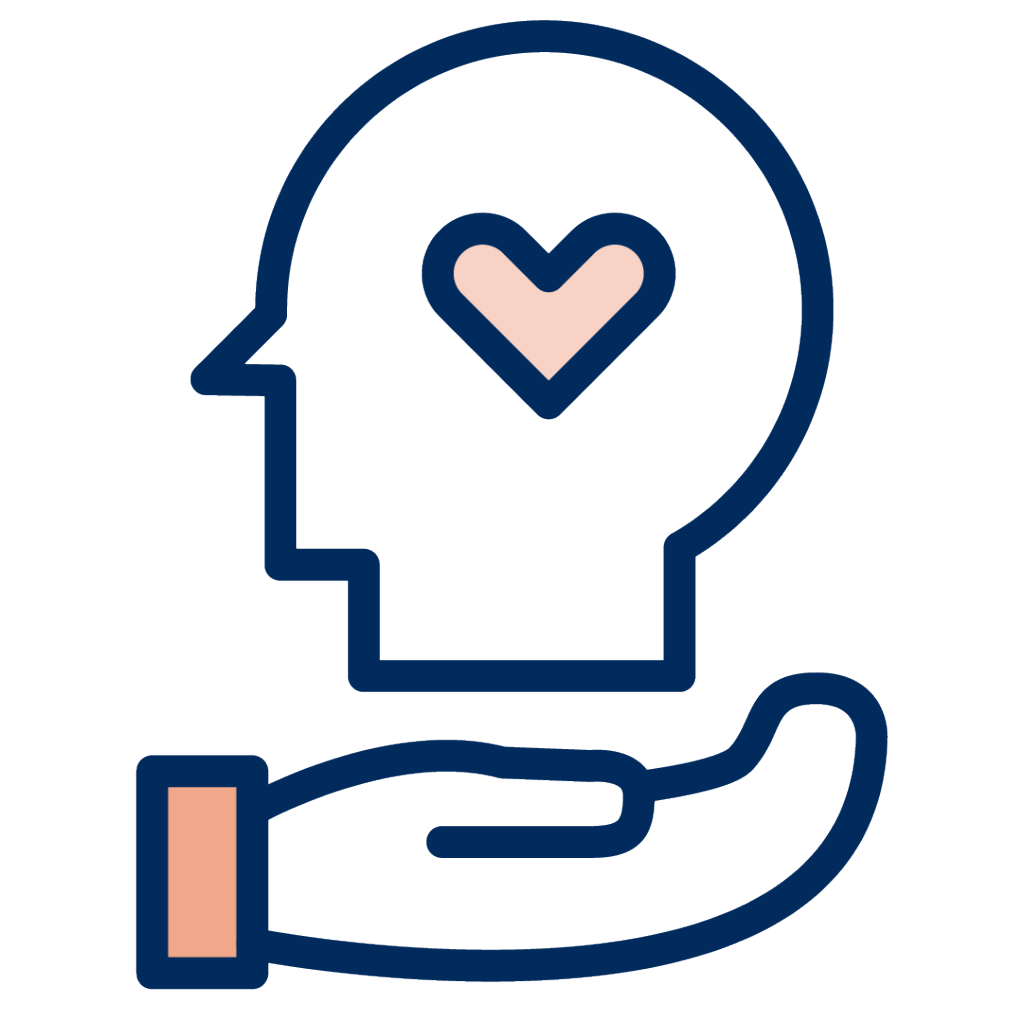
Written by Eli Rose, Design Research Team Lead, Food Services
The Innovation Hub has allowed me to continue my design thinking journey, and I am excited to apply my experiences to design problems in the future.
Wicked Problems

As a political science specialist student, and a mature undergraduate, I spend much of my time thinking about solutions to wicked problems. A wicked problem is an issue that is so complicated, more than one solution needs to be implemented. For example, systematic racism in Canada has so many moving parts that it can’t be eliminated with any one policy, such as a policy promoting affirmative action. Over this past year, I have been introduced to design thinking as a viable way to tackle some of these more complicated issues. Specifically, I learned that placing the user at the center of the design process can improve the outcomes of designed solutions. Using empathy-based research and human-centered design, I am excited to start my journey thinking about how to solve the wicked problems of design.
Impact & Change
On my own, I have implemented design thinking into my everyday life and professional work but working at the Innovation Hub has allowed me to increase my design-thinking competencies. As an employee, I get to engage with empathy-based research while learning how to draw out the most impactful insights and stories from the data.

I came into this work midway through the process and as a result, I found the data analysis phase to be quite stressful as I was still very new to the Innovation Hub and figuring out how things are done. I realized that in design thinking processes, ideation can be challenging because my ideas won’t always be the ones that carry forward. I’ve learned a lot and grown in my role and, I am proud of the work that the team accomplished as we were able to draw out very impactful insights from our data. My team created the vision, themes, and design principles that were presented to Food Services, Ancillary Services, and Chestnut Residence Life Office staff.
Throughout that process, my learning was supplemented by weekly design thinking workshops that helped to solidify my relevant skills and competencies. I was reminded of the importance of writing in plain language as it is the most impactful and accessible way to write. I was also reminded of the power of storytelling, as it helps the audience to empathize with the user by bringing the data to life. It became clear to me that powerful storytelling and writing for impact are important tools to compel change, and I am excited to apply what I have learned from the Innovation Hub to future projects and employment opportunities.
Design Thinking as a Solution

Through my exposure to design thinking and the Innovation Hub, I have learned that it is important to stay in the problem, and I am excited to bring this approach to my academic and professional life. I am eternally grateful for the opportunity to lead a research project at the Innovation Hub as the experience has helped to clarify my career path. I know now that I want to use design thinking to fix design problems. Specifically, I plan to use empathy-based reach to improve access to information as a tool to enhance the quality of life for all Canadians. My experience working at the Innovation Hub has been amazing as it has illuminated potential areas of growth in the design thinking field. For example, I would love to incorporate the sprint method (quick cycles of iteration, prototyping, and testing) when designing and look for new ways to flatten hierarchical structures in design processes.
Working at the Innovation Hub has allowed me to contribute to improving campus life and the university experience, and I will continue my work by empowering communities to create beneficial change.
0 comments on “Researchers Reflect: My Design Thinking Journey”